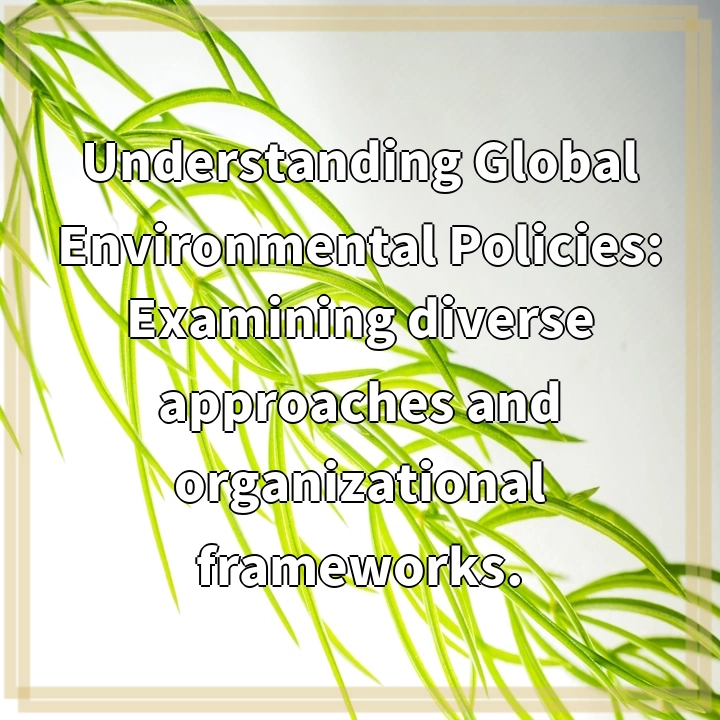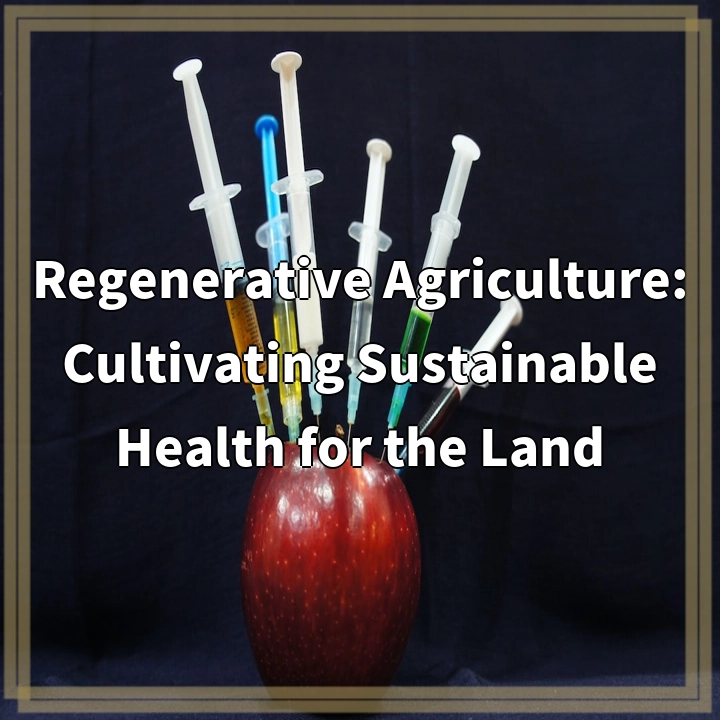
What is Understanding Global Environmental Policies?
Understanding Global Environmental Policies involves examining the various approaches and organizational frameworks that nations and international bodies adopt to address pressing environmental issues. It delves into the complex web of policies, agreements, and regulations that shape the global response to concerns such as climate change, biodiversity loss, pollution, and resource management.
Real-world Problems Associated with Global Environmental Policies
1. Inadequate Implementation
In many cases, there exists a significant gap between policies on paper and their actual implementation on the ground. This can occur due to limited resources, political challenges, conflicting interests, and weak enforcement mechanisms. As a result, the effectiveness of global environmental policies can be compromised, leading to continued environmental degradation.
2. Lack of Coordination and Collaboration
Global environmental policies are often developed and implemented by multiple stakeholders, including governments, international organizations, NGOs, and private companies. However, the lack of effective coordination and collaboration between these entities can hinder progress. It can lead to overlapping or conflicting policies, fragmented actions, and missed opportunities for synergies and collective impact.
3. Disparities and Inequalities
Global environmental policies may inadvertently exacerbate disparities and inequalities between countries and communities. Some policies might place a disproportionate burden on developing nations or marginalized groups, while wealthier nations may have more resources and influence to shape global environmental agendas. This can hinder fair and equitable distribution of resources, funding, and benefits of environmental protection.
4. Limited Accountability and Transparency
The complex nature of global environmental policies can make it challenging to hold responsible parties accountable for their actions or inactions. Lack of transparency in decision-making processes and inadequate monitoring and reporting mechanisms can further contribute to a lack of accountability. This can result in a lack of trust among stakeholders and hinder meaningful progress towards achieving environmental goals.

Solutions to the Problems Associated with Global Environmental Policies
1. Strengthening Implementation Mechanisms
To address the issue of inadequate implementation, it is crucial to allocate sufficient resources, enhance institutional capacities, and establish robust monitoring and enforcement mechanisms. Emphasizing accountability and ensuring that policies are translated into tangible actions on the ground can help bridge the implementation gap.
2. Enhancing Coordination and Collaboration
Improved coordination and collaboration among stakeholders are essential to optimize the effectiveness of global environmental policies. This can be achieved through platforms for information-sharing, dialogue, and joint decision-making processes. Encouraging partnerships between governments, organizations, and communities can lead to more integrated and cohesive approaches to addressing environmental challenges.
3. Promoting Equity and Fairness
To address disparities and inequalities, it is important to embed principles of equity and fairness in global environmental policies. This can involve ensuring equal representation of diverse voices in decision-making processes, providing support and empowering marginalized communities, and promoting international cooperation to tackle common environmental issues collectively.
4. Enhancing Transparency and Accountability
To improve transparency and accountability, it is crucial to make information readily accessible to stakeholders and the public. This can include publishing relevant data, conducting regular evaluations, and fostering citizen engagement. Strengthening reporting mechanisms and establishing independent oversight bodies can help ensure that responsible parties are held accountable for their actions and commitments.















